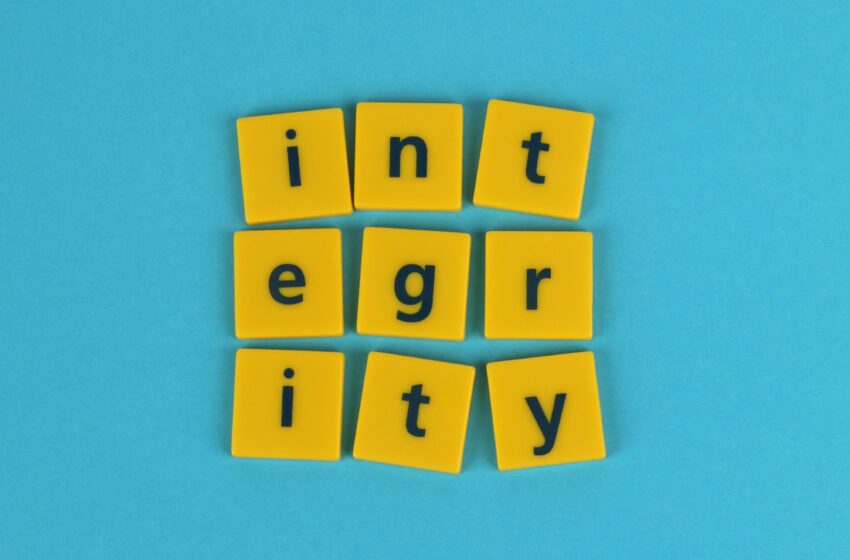What is Academic Integrity? Our Top Resources for Researchers

It’s difficult to come up with a concise definition of “academic integrity” because this concept is so vast. But when we talk about “academic integrity” we’re mainly referring to conducting research or any kind of academic activity while you adhere to the principles of
- honesty,
- fairness,
- inclusivity, and
- equity.
So a researcher with “academic integrity” is one who adheres to ethical standards, does not plagiarize, uses AI ethically, does not cherry pick data, does not submit the same manuscript simultaneously to multiple journals, etc.
Over the years, Editage Insights has put together a lot of resources to help students and researchers understand and navigate ethical issues. These are our top picks so far:
Academic Integrity: Meaning
Academic integrity, or research integrity, refers to conducting any kind of academic or research activity in a way that is honest, fair, inclusive, equitable, and responsible. It’s about demonstrating personal and organizational integrity in a research environment.
Now, if you want to understand the “current status” of academic integrity, this article offers you a comprehensive overview of research integrity initiatives across countries, journals, research societies, and research organizations. It also highlights some key collaborations and funding opportunities for researching academic integrity.
Wondering what it’s like to be the academic integrity police? In this exciting panel discussion, Dr Elisabeth Bik (a well-known research integrity specialist) and Michael Streeter (Director of Research Integrity and Publication Ethics, Wiley) share their experiences in identifying and handling research integrity issues. A must for journal editors or peer reviewers!
And if you’re interested in the peer review aspects of research integrity, listen to this conversation with Jigisha Patel, a former journal editor and research integrity consultant.
AI and Academic Integrity: A Burning Topic Today
After large language models like ChatGPT became popular in late 2022, academia had to take notice. In the 2023 update to their guidelines, the International Council of Medical Journal Editors addresses some key considerations when using AI as an author or peer reviewer. Our handy infographic also summarizes practical ways you can harness the power of AI in your research while still upholding the principles of academic integrity. On a related note, we’ve briefly explored issues related to the ownership of scientific publications and copyright in the AI era.
Research Ethics Guidelines and Academic Integrity
A number of guidelines have already been developed to ensure academic integrity in different fields and different types of research. Different government and non-government bodies have also put together guidelines on research integrity, which are concisely summarized in this article. For a deep dive into how to avoid retractions and publish ethically, this 6-hour course is for you. We also have separate resources for niche ethics-related queries, such as conducting research in tribal communities or in traditional medicine.
Images in Research and Academic Integrity
Figures, photographs, and visual material are critical for disseminating knowledge in many fields, especially the biomedical sciences. Researchers hence need to know how to use images ethically and with integrity (see, for example, this interesting case of image manipulation). For a basic understanding of image manipulation and what’s not okay, you can refer to this article. We also have some handy tips for peer reviewers on how to identify problematic images. And if you’d like to deepen your understanding of image-related ethical considerations, we have a two-part video series on how to ethically use images in your research paper.
Peer Review as a Cornerstone of Research Integrity
Peer review is not about the technical quality of a research paper but also about how well it adheres to ethical standards. Dr Hyobin Lee, Executive Director of the Korean University Council of Research Ethics, explains in this interview how peer review plays a role in maintaining research integrity. If you yourself are a peer reviewer who wants to make sure they’re reviewing with objectivity and integrity, this handy downloadable is for you.




